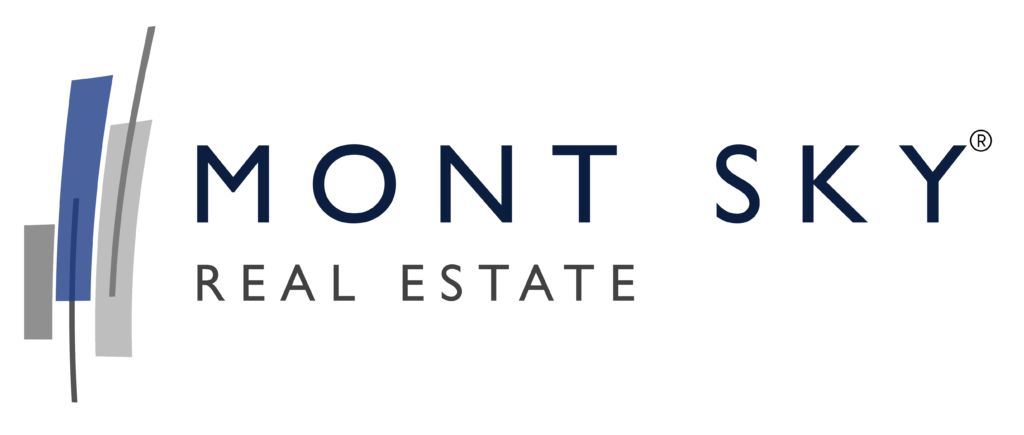Introduction to the New Beneficial Ownership Information Reporting Requirements
The regulatory landscape is constantly evolving, and the latest shift is the implementation of the Corporate Transparency Act (CTA). With a primary objective to stymie money laundering, financial fraud, and similar crimes, the act necessitates the majority of privately held US companies, henceforth referred as Reporting Companies, to comply with the Beneficial Ownership Information (BOI) reporting requirements. The main subjects of these requirements are beneficial owners holding ‘substantial control’ or owning more than a quarter share of a company’s ownership interests, whether directly or indirectly.
The Reporting Deadline for Established and New Reporting Companies
For companies that have been in existence prior to the end of 2023, the regulations stipulate that they must file their first BOI report by January 1, 2025. On the other hand, companies constituted on or after January 1, 2024 have a 90-day window from their formation date to submit their first BOI report, a significant extension from the original 30-day deadline.
Crucial role of the Financial Crimes Enforcement Network (FinCEN)
All BOI reports should be forwarded to The Financial Crimes Enforcement Network (FinCEN), a bureau that forms part of the United States Department of Treasury. As of now, a draft format for the report is yet to be released by FinCEN. However, they have clarified their readiness to start accepting BOI reports from the onset of 2024.
The Impact of BOI Reporting Requirements on Real Estate Owners and Buyers
Targeted Transparency Affecting Real Estate Owners and Buyers using LLCs.
The CTA, while focusing on enhancing transparency, holds significant implications for real estate owners and buyers using Limited Liability Companies (LLCs) for property acquisition. The application of the BOI reporting requirements enables regulatory bodies to pierce the veil of LLCs, which are often used as convenient vehicles for property transactions, obscuring the identities of the real owners. This enhanced regulatory scrutiny can constrain the privacy traditionally enjoyed by these entities.
Increased Regulatory Compliance Requirements
The new BOI reporting requirements stipulate additional compliance activities. Real estate owners and buyers using LLCs will now have to invest additional time and resources into ensuring compliance with these requirements. This could potentially result in increased operational costs for those involved in real estate transactions using LLCs.
The Scenarios Moving Forward
As the CTA begins to take effect, it’s anticipated that entities involved in real estate transactions using LLCs will face enhanced monitoring and scrutiny. While the additional transparency can help deter financial crimes, the heightened regulation may also create additional operational burdens for legitimate investors and real estate professionals. It is incumbent upon these individuals and entities to begin preparation for these changes now, ensuring that they remain compliant as the new rules take effect.
SEO Powered ByBreakout Content AI




